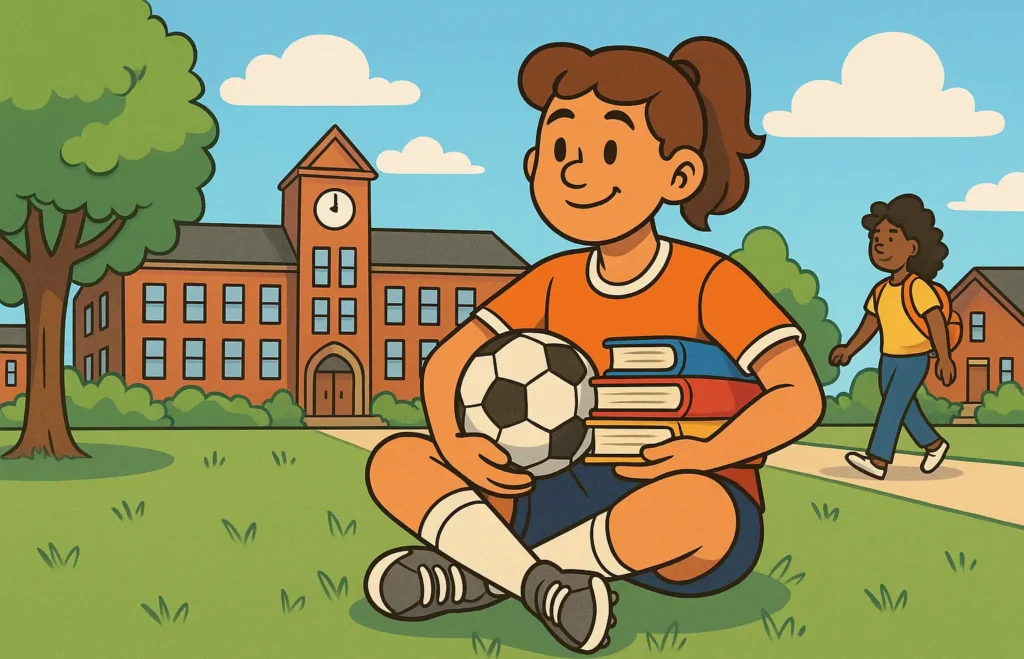The rant
Students are frustrated. It feels like the whole extracurricular system is rigged for kids with money, connections, or both. Getting a research gig often comes down to who your parents know, while internships magically land in laps thanks to family ties. For those without rides, cash for tutors, or pricey summer camps, the playing field doesn’t feel level at all.
Built for privilege
A lot of people pointed out that extracurriculars in the US have roots in class privilege and still tilt that way. Sports teams, summer camps, and leadership roles often demand resources that aren’t available to everyone. Some even said that while test scores get called unfair, extracurriculars can be even more unequal.
The performance problem
Once students make it to college, things don’t magically get better. Competitive clubs create an endless cycle where people join service groups just to pad resumes before dropping them. Leaders talk about authenticity, but no one really buys that—it feels like a system where being strategic matters more than being genuine.
Why colleges still care
Others argued extracurriculars are still a core piece of American campus culture. Admissions offices want proof you did something beyond classwork. Whether that’s a job, church volunteering, sports, or arts, it signals you’ll actually contribute to student life. Colleges view themselves as cultural institutions, and extracurriculars help feed that ecosystem of clubs, networks, and connections.
Finding balance
The middle ground seems to be: yes, the system is biased, but there are still meaningful, accessible ways to stand out. Free school clubs, part-time jobs, and community involvement can count as much as flashy internships. The bigger message? Don’t just play the game—find something that feels real and actually gives you skills or memories beyond a bullet point on an application.


